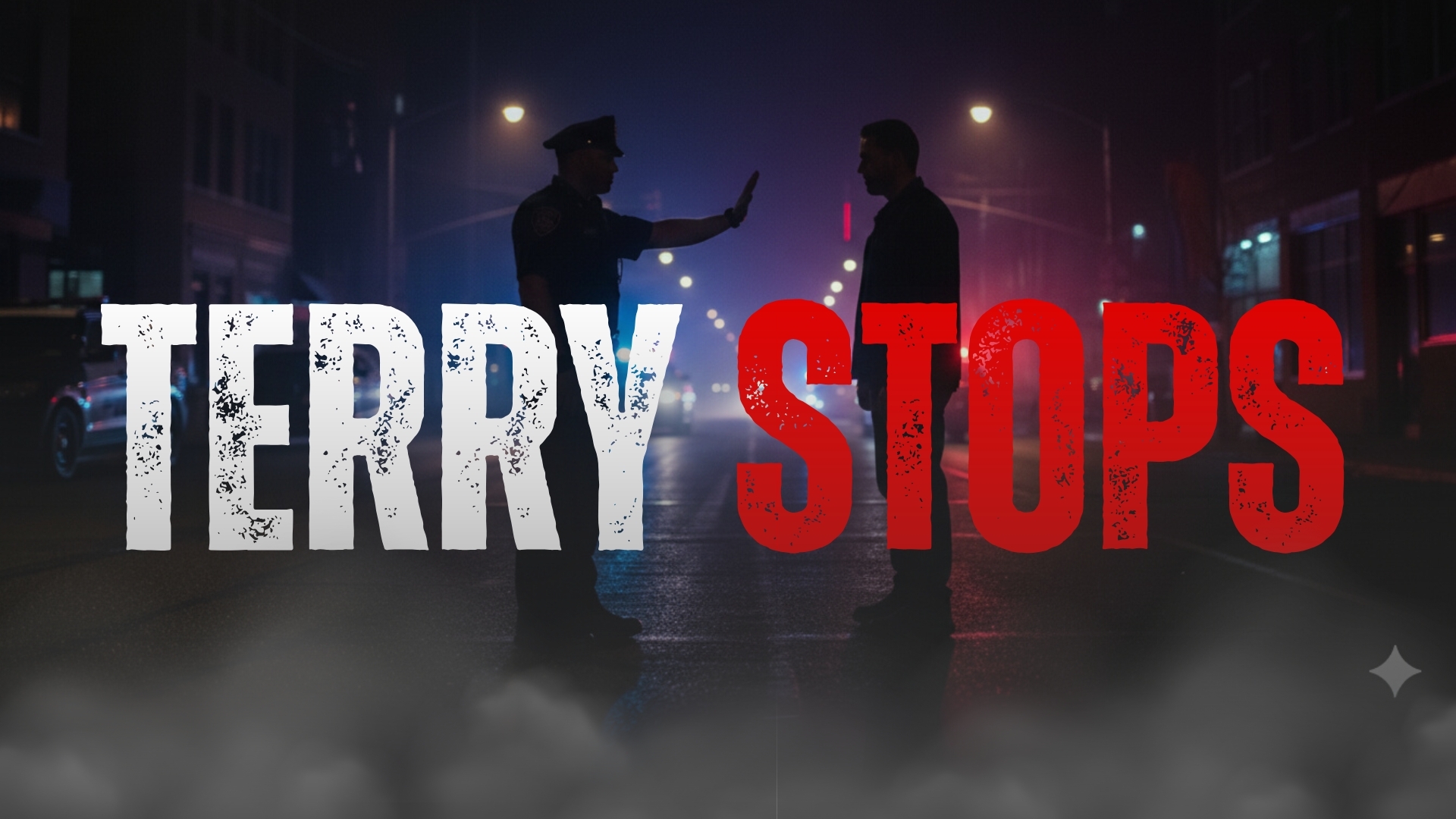
Do you look Latino? Do you speak with an accent? Do you work with your hands? Congratulations! You just became suspicious in the eyes of federal law enforcement. And after the Supreme Court’s latest decision, you can be legally stopped and questioned for it.
In Noem v. Vasquez Perdomo, the Supreme Court granted the federal government power to stop people on the street based on a combination of vague and deeply problematic factors. Under the ruling, immigration agents can now rely on:
- Someone’s appearance,
- The language they speak (or how they speak English),
- The kind of job they appear to have, and
- Where they happen to be standing.
And the Court says that’s good enough to justify a Terry stop, which is a brief detention by law enforcement to investigate suspected criminal activity.
“Stop & ID” Is Now “Stop & Profile”
Law enforcement doesn’t need a warrant, and they don’t need probable cause. All they need is a “reasonable suspicion” that you might be in the U.S. illegally.
And what counts as “reasonable” now?
According to Justice Kavanaugh:
“Apparent ethnicity alone cannot furnish reasonable suspicion; under this Court’s case law regarding immigration stops, however, *it can be a ‘relevant factor’ when considered along with other salient factors.”
What are those “salient factors”? Being at a bus stop. Speaking Spanish. Wearing work boots. Maybe standing outside a Home Depot. Add that all up, and the Court says it’s okay to stop you, question you, and detain you even if you’re a U.S. citizen.
Let’s not kid ourselves: That’s not constitutional restraint. That’s a checklist for racial profiling.
The Problem With “Terry Stop” Math
Let’s talk about what’s really happening here.
A Terry Stop requires individualized suspicion, not assumptions based on stereotypes or statistics.The Fourth Amendment requires “specific, articulable facts” that link a person to criminal conduct.
But this new ruling waters that down to near meaninglessness. It allows immigration agents to cast a wide net based on what people look like, sound like, or where they happen to be. The bar for stopping someone has never been lower.
If you live in Los Angeles, or any area with a significant Latino population, this should terrify you. As the dissent points out, nearly half the population of L.A. County identifies as Hispanic or Latino. If the Court’s logic holds, millions of Americans are now walking around with a target on their backs.
This Isn’t Just About Immigration. It’s About Control
The government claims this is all about enforcing immigration laws. But let’s be honest: This ruling expands the government’s power to stop anyone who “fits the profile.”
And what happens when we normalize stopping people based on appearance?
- You create a second-class status for millions of lawful residents.
- You teach police that assumptions are more useful than evidence.
- You train citizens to live in fear, carry paperwork, and avoid public spaces.
This isn’t just about illegal immigration. This is about constitutional erosion, and the people most affected are the ones least able to push back.
What a Criminal Defense Attorney Sees
As criminal defense attorneys, we’re not surprised. We’ve seen this movie before:
- Police claim “reasonable suspicion.”
- The client gets questioned, detained, or arrested—usually without cause.
- Then we spend months trying to undo the damage.
We also know that people often say too much when stopped. Even if you’re innocent. Even if you’re a citizen. That’s why we always say: “Plead the 5th.”
What You Can Do Now
If you or someone you know has been stopped under one of these broad “immigration stops,” do not wait:
- Say nothing except to request an attorney.
- Provide ID if you believe it will help you quickly end the encounter.
- Do not consent to a search or answer questions about your immigration status.
- Call a criminal defense attorney immediately.
The Marc Lopez Law Firm is here to help. We fight back against unconstitutional stops, unlawful arrests, and government overreach.
The Bottom Line
When the U.S. Supreme Court says it’s okay to stop people based on a mix of language, appearance, and zip code, we all lose something. Today it’s immigration enforcement—tomorrow it’s whatever the government decides it wants to crack down on.
So if you’re standing at a bus stop, speaking Spanish, and wearing work clothes, don’t be surprised when someone in body armor asks for your ID.
But remember: You don’t have to answer their questions. You don’t have to talk. You just have to call us.
And always plead the 5th



